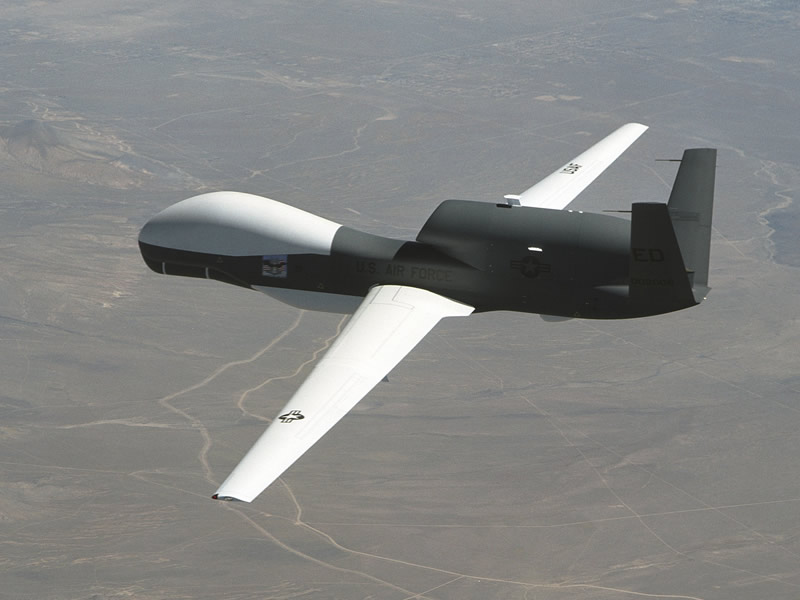It is hard to believe that these two North-Western African Countries have experienced such different electoral results. One African State celebrates a successful election and democracy. While another African State falls to a coup and becomes isolated from the international community. It is hard to believe because these African States are neighbours.
AfricaFocus goes on to describe the State of Democracy in Africa and tells us that the real concern lies in the Democratic Republic of Congo.
"In the Democratic Republic of the Congo (DRC), however, there is hardly any international attention to the post-election crisis following last November's election. This despite the prominent role of the United Nations and "donor" countries in sustaining the government of this strategically located country, the largest by area in sub-Saharan Africa."
I thought that this point was particularly relevant as the Kony 2012 campaign has brought so much attention to the issue's facing Uganda and the notorious Lord's Resistance Army. Yet, there hasn't been a Congo 2012 campaign and there has been no international concern over the ongoing crisis in the Congo. The DRC is headed for another war and it is arguable whether or not the last one really ended in 2003. Just listen to how conflicted the current arrangement is for Congolese governance:
"President Joseph Kabila, the disputed incumbent, has not yet appointed a new government, more than three months after the election. And even when he does, as a coalition of Congolese civil society organizations noted in February, the country will still have two heads of government, one legal but illegitimate (the incumbent) and the other legitimate but not legal (the challenger Etienne Tshisekedi)."
On February 9, 2012, A Letter from Congolese Civil Society to the Secretary General of the United Nations addressed several issues regarding the Post-Electoral Crisis in the Democratic Republic of the Congo. A summary of the letter appears in Africa: Democracy Still Deferred.
Congolese Civil Society believes that:
The Security Council/General Secretary should:
- Give MONUSCO the mandate for election observation and certification of results;
- Start with the prior established of a new office to give credibility and integrity to the INEC, replacing the current staff and including civil society;
- Apply a comprehensive solution to both the presidential and parliamentary elections without separating them;
- Require disclosure by the INEC of all the minutes as they were displayed on the night of the election;
- Clearly and strongly request the government to guarantee free democratic expression of the Congolese people, including freedom to demonstrate;
- Obtain a mandate for UN election monitoring and certification of results;
- recount the votes; or
- organize a second round of voting for presidential and legislative elections, combined with local and provincial. These could take place within 6 months rather than in March 2012 so as not to botch them again;
- Protect key opposition leaders through armed guards selected by mutual agreement with the protected persons. More specifically, the safety of Mr. Etienne Tshisekedi must be ensured by a contingent of the UN; Ensure freedom of movement and expression for all political leaders.
Congolese Vote, but Who Decides?
By Georges Nzongola-Ntalaja
Published By: African Futures
Possible Futures: A Project of the Social Science Research Council






